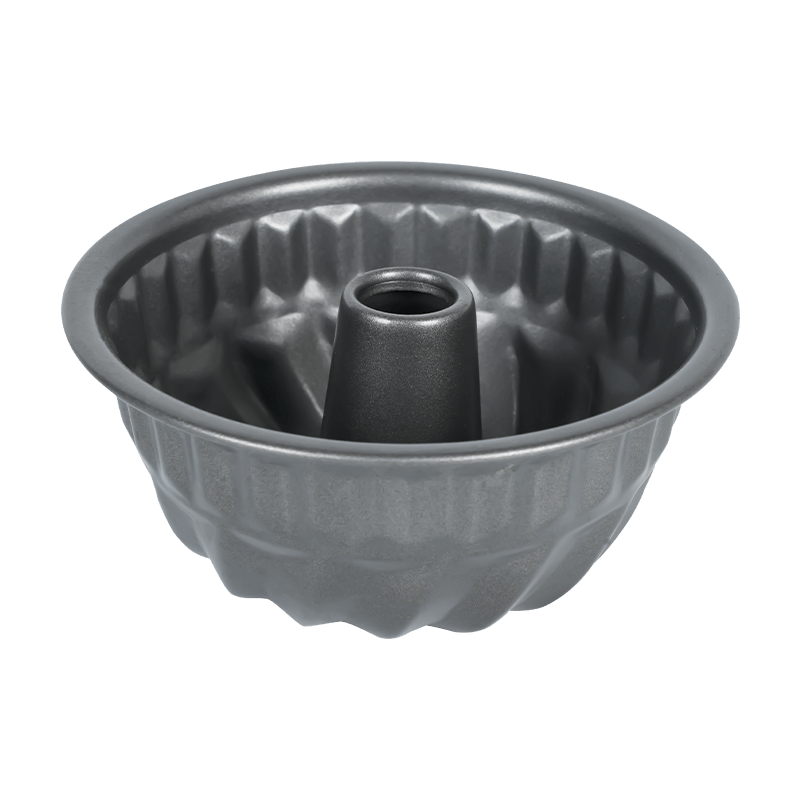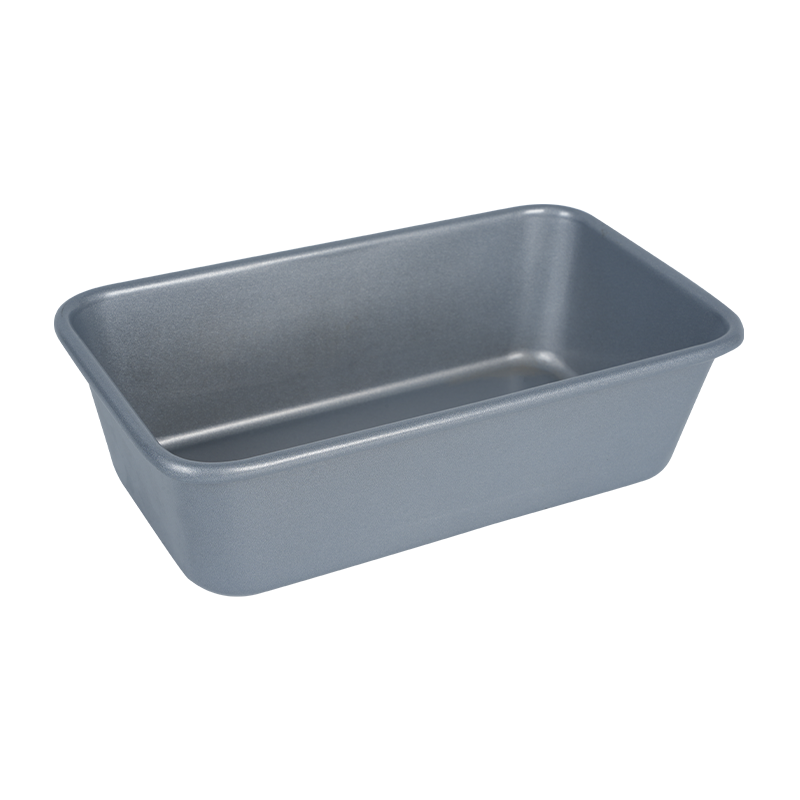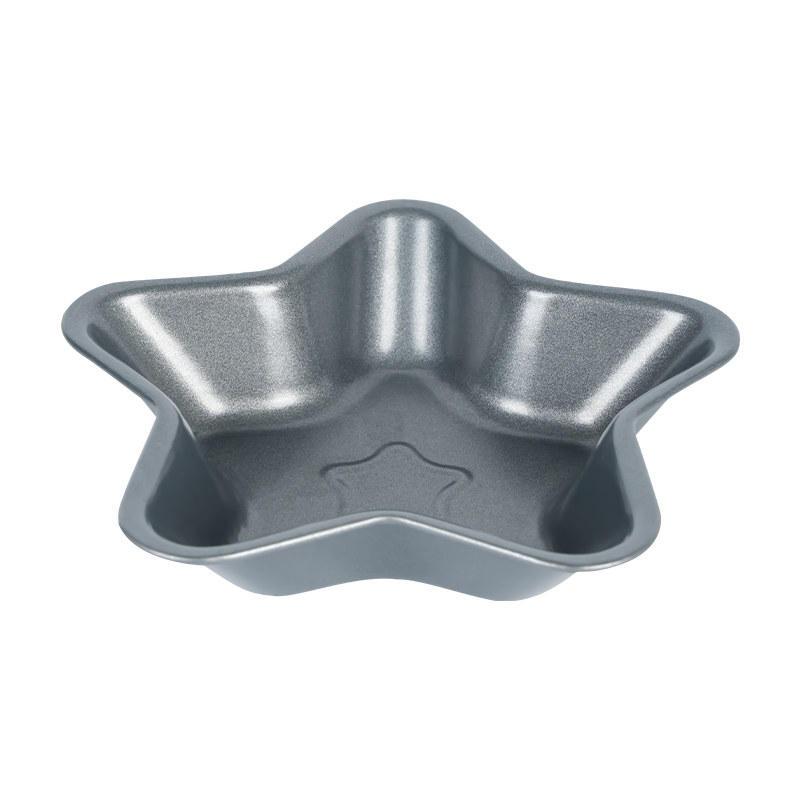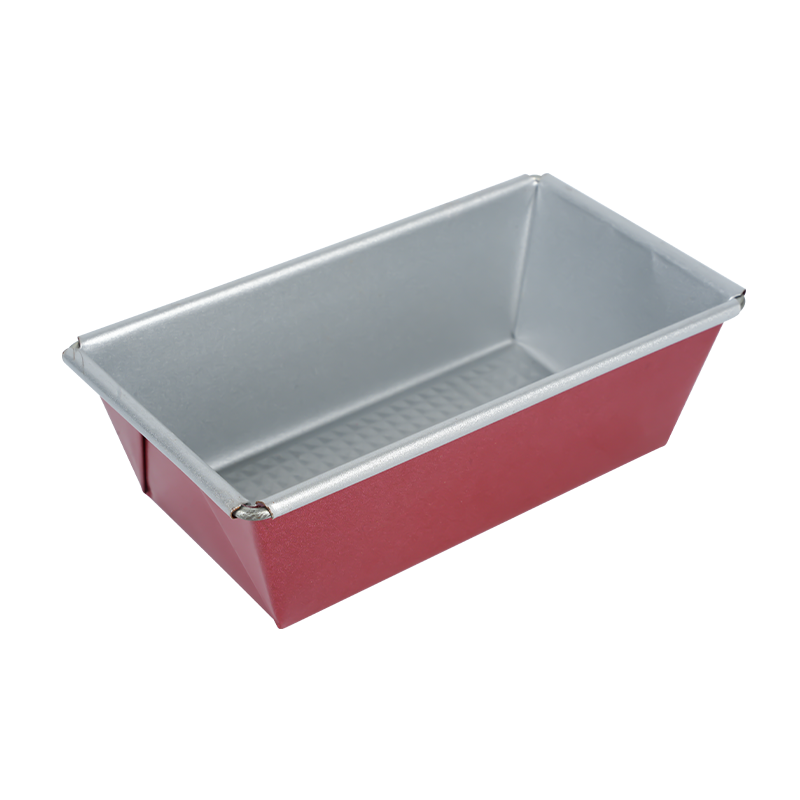The company relies on a high degree of brand awareness, fine product quality, convergence of multiple strong advertising media power, and through the integration of capital, knowledge, talent technology, channels, information operations.
Material Composition and Heat Tolerance of Mini Bread Pans
Mini Bread Pans Factory designs products primarily with materials such as aluminum, stainless steel, carbon steel, and silicone. Each material offers specific advantages, particularly in high-temperature baking environments. Aluminum and carbon steel pans often feature non-stick coatings to improve food release, while silicone pans rely on the inherent flexibility and natural non-stick properties of the material. At standard baking temperatures, typically between 160°C and 230°C, these pans are engineered to remain stable without degradation. Understanding the temperature capability of each material is essential because poor-quality or uncertified coatings can potentially degrade under extreme temperatures, releasing volatile organic compounds or other harmful sediments into food. Manufacturers typically test their pans to meet global food-contact safety standards, thereby reducing risks.
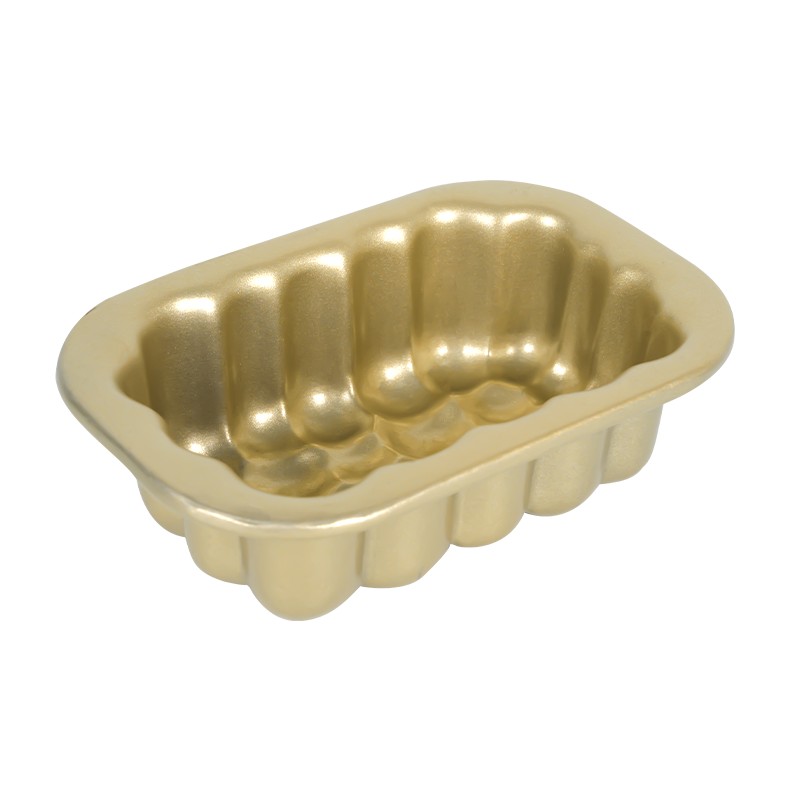
The Role of Non-Stick Coatings in Safety
Mini Bread Pans Factory also frequently applies non-stick coatings to ensure convenience in baking and cleanup. These coatings must comply with international food-grade regulations, such as FDA or LFGB requirements. High-quality non-stick surfaces are designed to withstand common oven temperatures without emitting harmful chemicals. However, improper use, such as heating pans above recommended limits or using abrasive cleaning tools, may cause coating degradation. When the integrity of the non-stick layer is compromised, risks increase. For this reason, brands emphasize usage guidelines, including avoiding temperatures above 260°C and refraining from using metal utensils. Silicone-based pans, which often operate safely up to 230°C or even 260°C depending on formulation, provide an alternative for users concerned about coating materials. Properly certified coatings and adherence to heating guidelines make modern bakeware safe for typical baking tasks.
Regulations, Certifications, and Consumer Confidence
Mini Bread Pans Factory products usually undergo rigorous compliance checks. Food-contact standards ensure no harmful migration of chemicals under expected baking temperatures. Tests include thermal stability verification, migration analysis, and evaluation of long-term safety under repeated heating. Certifications from recognized organizations give consumers confidence and help manufacturers maintain credibility. This regulated environment mitigates risks significantly and reassures home bakers and professionals alike that pans are safe when used properly. In addition, many manufacturers voluntarily adopt BPA-free or PFAS-free formulations in response to growing consumer awareness and environmental sensibilities. The industry trend favors transparency and traceable quality control systems, strengthening the safety profile of mini bread pans.
Practical Tips for Safe Baking and Longevity
To ensure Mini Bread Pans perform safely and without releasing harmful substances, users should follow fundamental maintenance and usage practices. Avoid preheating empty pans for extended periods, as concentrated heat may cause rapid material expansion and stress on coatings. Regularly inspect pans for scratches or peeling surfaces, replacing compromised bakeware to avoid contamination. When cleaning, choose non-abrasive sponges and mild detergents to extend coating lifespan. For silicone pans, confirm their grade—food-grade silicone is far safer than industrial silicone, which may contain fillers. Store pans in cool, dry places, and avoid stacking heavy objects on them to preserve structural integrity. Proper handling, along with adherence to temperature guidelines, supports both safety and longevity in the kitchen.
Safe Use Guarantees Peace of Mind
Under standard baking conditions and when sourced from reputable manufacturers, mini bread pans are safe and do not release harmful substances. Material quality, coating technology, and regulatory compliance collectively ensure the safety of modern bakeware. Consumers can confidently bake breads, cakes, and desserts as long as they follow recommended temperature ranges and care instructions. Ultimately, choosing pans that meet recognized certifications, using them correctly, and maintaining them properly offers a reliable and healthy baking experience.

 English
English русский
русский Español
Español